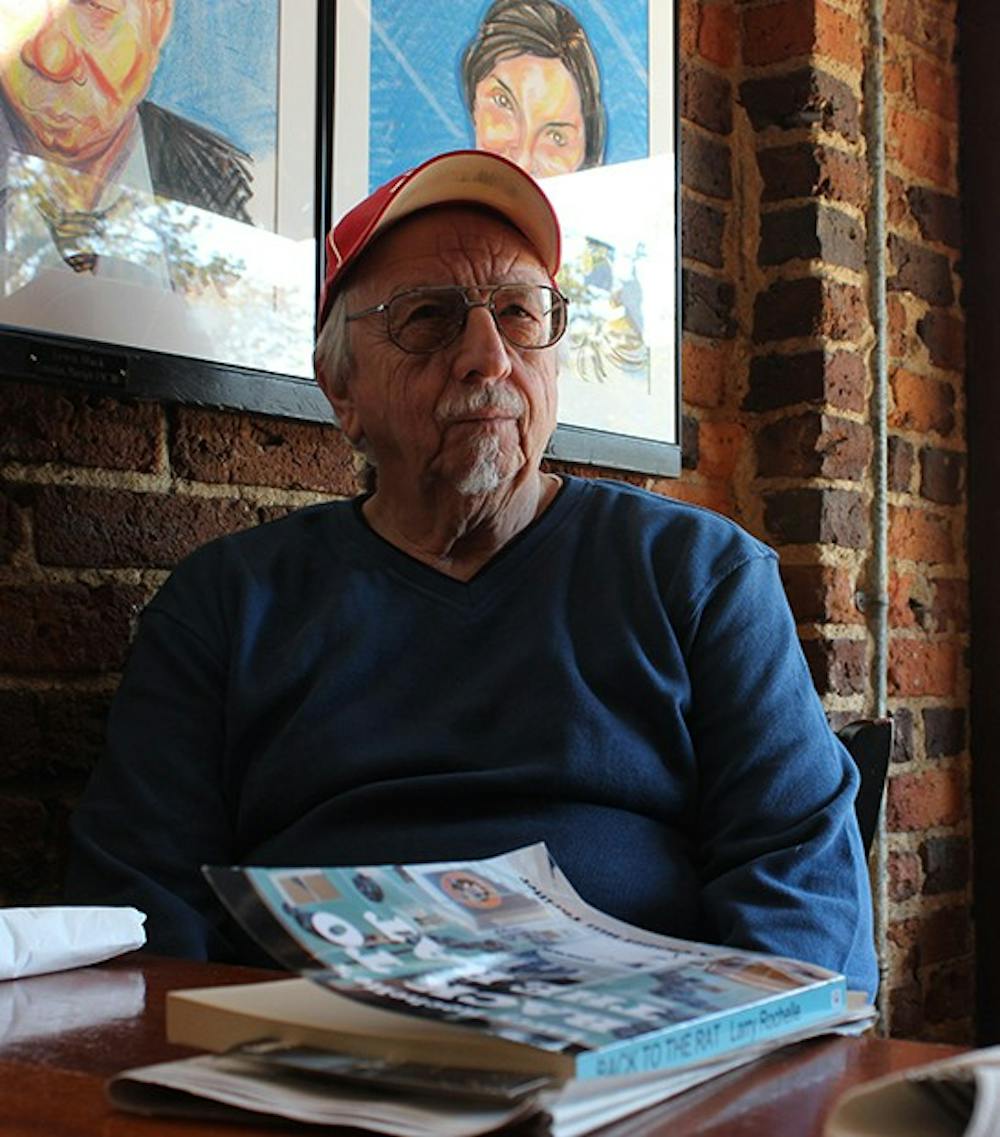Whether it’s the vibrant history, the diverse community or the strong intellectual atmosphere — Chapel Hill has invariably served as the inspiration for an extensive amount of literature.
Even in recent years, a wide variety of authors and novelists have utilized Chapel Hill’s unique character as a setting or reference for the stories they tell. Despite differences in content and style, these writers all seem to share a clear appreciation of the area’s exceptional culture.
“It’s a fertile field,” said WFH, author of the recently published e-book “Winston’s Quest.” “I’ve traveled all across the country, been in 46 states, and I’ll tell you Chapel Hill is just a very special area. There’s kind of an electricity about it that’s invigorating on a higher level.”
“Winston’s Quest” is a modern-day satirical fiction that explores a variety of questions about life and philosophy. It follows the story of Winston, a man having a terrible year, who decides to go on an intellectual journey to find fulfillment. He leaves his job and returns to his alma mater to seek the answers to life’s great questions while trying to discover who he is. The university and town in which the story unfolds bear striking similarities to Chapel Hill and the surrounding area.
“It just has the right feel and is the perfect setting for this book,” WFH said. “It’s got a lot of young people that aren’t tainted by the working world, and Winston’s similar to them in that he’s still searching. If you were to go looking for answers you wouldn’t go to the 7-Eleven. You’d go to an institute, a place of higher learning. And in North Carolina, UNC-CH is probably the best place to go.”
With so many iconic landmarks and local lore, many authors find the areas outside of the University to be equally fascinating to explore.
“I’m planning to stay here for a while,” author Larry Rochelle said. “It really has a lot of atmosphere. Carrboro and the surrounding areas as well, they’re all really interesting places. Almost like New York City in certain places. Very artsy and craftsy, if you know what I mean.”
Rochelle is the author of the new novel “Back to the Rat,” the 13th book in his Palmer Morel mystery series. The series charts the adventures of Morel, a professional tennis player-turned-amateur detective, through a sequence of events beyond his control. The last four books in this series have been set in the Chapel Hill area, with “Back to The Rat” placing particular emphasis on Franklin Street and the surrounding neighborhood.
“There were a ton of great spots,” Rochelle said. “I found out about the Rathskeller here in Chapel Hill, studied it and just had to put it in. It makes a perfect spot for the mobsters in the story to meet, and for where Palmer gets threatened because he knows too much.”



